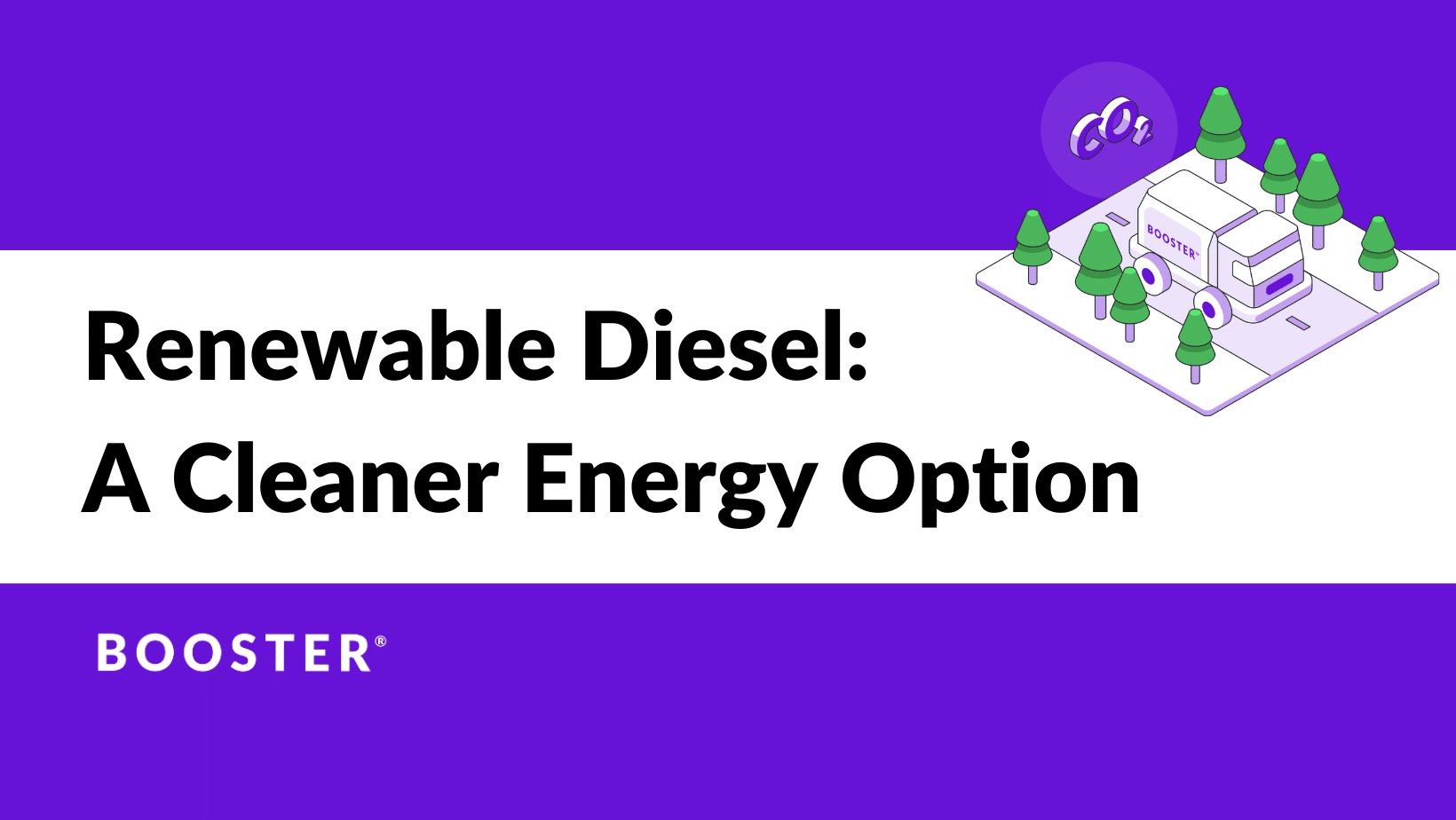Renewable fuels are one of the most promising answers in the search for a cleaner and greener future. Particularly in a nation like the United States, where transportation is the biggest single source of these emissions, these renewable energy sources have the potential to drastically lower greenhouse gas emissions. We’ll discuss the idea of renewable diesel and its potential to spread clean energy throughout the USA in this blog article.
Transportation in the US
The US relies substantially on its transportation network. Diesel is essential to commercial transportation, from the fuel-powered trucks that bring goods to the farms and construction equipment that cultivate our food. One disadvantage of this reliance on diesel is that it significantly raises greenhouse gas emissions. In actuality, transportation in the US is the single largest source of greenhouse gas emissions.
However, ue to the advancement of renewable energy sources, a cleaner, more sustainable future is achievable.
What Makes Renewable Diesel a Sustainable Solution?
In contrast to conventional diesel, renewable diesel is produced using sustainable resources including recycled cooking oil, animal fats, and vegetable oils. These sources undergo meticulous refinement, resulting in a fuel that produces far fewer greenhouse gas emissions than gasoline when used to run diesel engines.
The seamless integration of renewable diesel with current diesel engines makes it even more impressive. Big adjustments are not required. Due to its versatility, renewable diesel may easily replace conventional diesel without substantially altering the way we now transport people and goods.
The Booster Approach: Revolutionizing Fuel Delivery
Although renewable diesel is a viable answer, effective distribution networks are also necessary for its implementation. This is when businesses like Booster might be useful. In order to improve efficiency, sustainability, and convenience, Booster has redesigned the fuel delivery service.
A Three-Step Approach to Cleaner Fuel Delivery
- Terminal to Fuel Source, No Jobbers: Booster ensures that the fuel is delivered directly from the terminal to the source, eliminating the need for intermediaries known as jobbers. This not only streamlines the process but also reduces the number of 18-wheelers on the road, thereby cutting down on the emissions they produce.
- Booster Fuel Delivery Service, No Storage: Booster’s method does not require on-site storage, in contrast to conventional filling stations that do. This makes it a more ecologically friendly option by lowering the possibility of fuel leaks into water and land.
- No Stations, Customer Fuel Delivery Service: By bringing the fuel right to the client, Booster reduces the number of journeys to gas stations. This minimizes the number of miles travelled, the related expenditures, and the pollutants while also saving time.
Renewable Energy Delivered
Traditional diesel fuel is just one application of Booster’s creative strategy. They also provide fuels that are renewable, which can significantly lower carbon emissions. Let’s examine the sorts of fuels they supply in more detail:
- Renewable Fuels: For expanding fleets that use flex fuels, Booster is essential in reducing carbon intensity. These sustainable fuels are an improvement above regular gasoline.
- Gasoline: For advanced fleets, Booster assists in resolving distribution and acceptance issues, making the switch to cleaner fuels easier.
- Diesel & Bio-diesel: Delivering diesel and bio-diesel to the biggest diesel fleets and automobiles, Booster helps to reduce carbon intensity.
- Diesel Exhaust Fluid (DEF): Booster also offers delivery services for DEF, which helps lower diesel fleet emissions
Technology Powers Booster’s Smart Tankers and Team
Booster offers tech-driven energy solutions in addition to gasoline delivery services. They use technology to streamline processes and lessen their impact on the environment:
- Fuel Intelligence: Booster offers comprehensive analytics and high-level insights that make fuelling operations more effective.
- Unified Data: The platform’s seamless integration with the larger fleet ecosystem, which includes fuel cards and fleet administration, is a key feature.
- Smart Tankers: These technologically advanced tankers, known as smart tanks, continuously monitor demand, unit deployment, and field performance.
- Delivery of Cloud-Connected Energy: Booster’s IoT platform provides situational data in real-time, enabling their team to operate more efficiently.
- Integrated Billing: By streamlining the billing process and providing organizations with data-driven insights, Booster aids in improving business choices.
Reduce Fuel Card Misuse and Oversight
Fuel card theft, slippage, and abuse are some of the major difficulties in operating a fleet. Booster successfully fixes this problem:
- Reduce gasoline Card Misuse: Booster assists businesses in eliminating gasoline fraud, slippage, and misuse, which can represent 3-5% of monthly fuel expenditure.
- Single Monthly Statement: To make it simpler to manage costs, they combine all cars and fuel kinds into a single, online, secure, and safe platform.
- Reduce Administrative Time: Booster helps firms save numerous hours each month by doing away with the necessity for receipt input, fuel card management, and invoice reconciliation.
Conclusion
Renewable diesel and advanced fuel delivery systems like Booster are paving the way ahead in a future where the switch to cleaner and more sustainable energy sources is essential. In addition to increasing process efficiency, Booster dramatically lessens the environmental effect of diesel and other fuels with its three-step method to fuel distribution.
We can all cut greenhouse gas emissions, fight climate change, and strive toward a greener, more sustainable future by adopting renewable diesel and choosing cleaner fuel delivery choices. Booster is working relentlessly to provide the energy that powers us and our companies to you because they think that it should be simple and guilt-free. This helps not only people and companies, but also our cities and the entire world. We can all work together to make renewable energy available across the United States.
